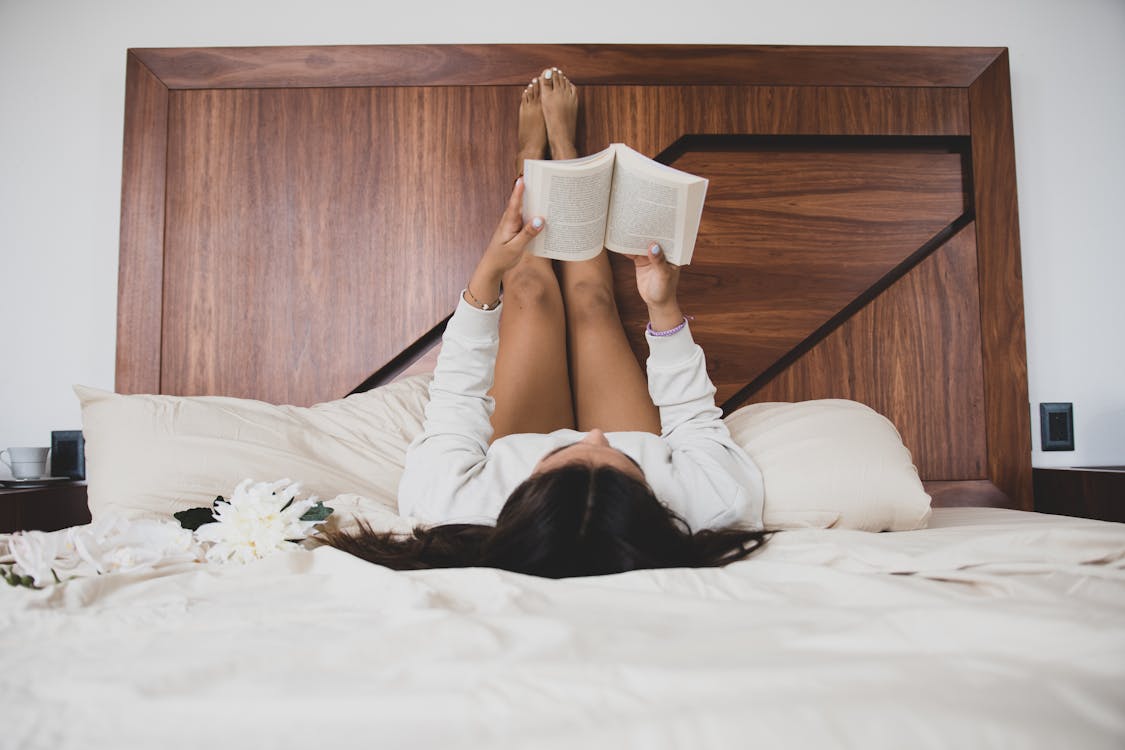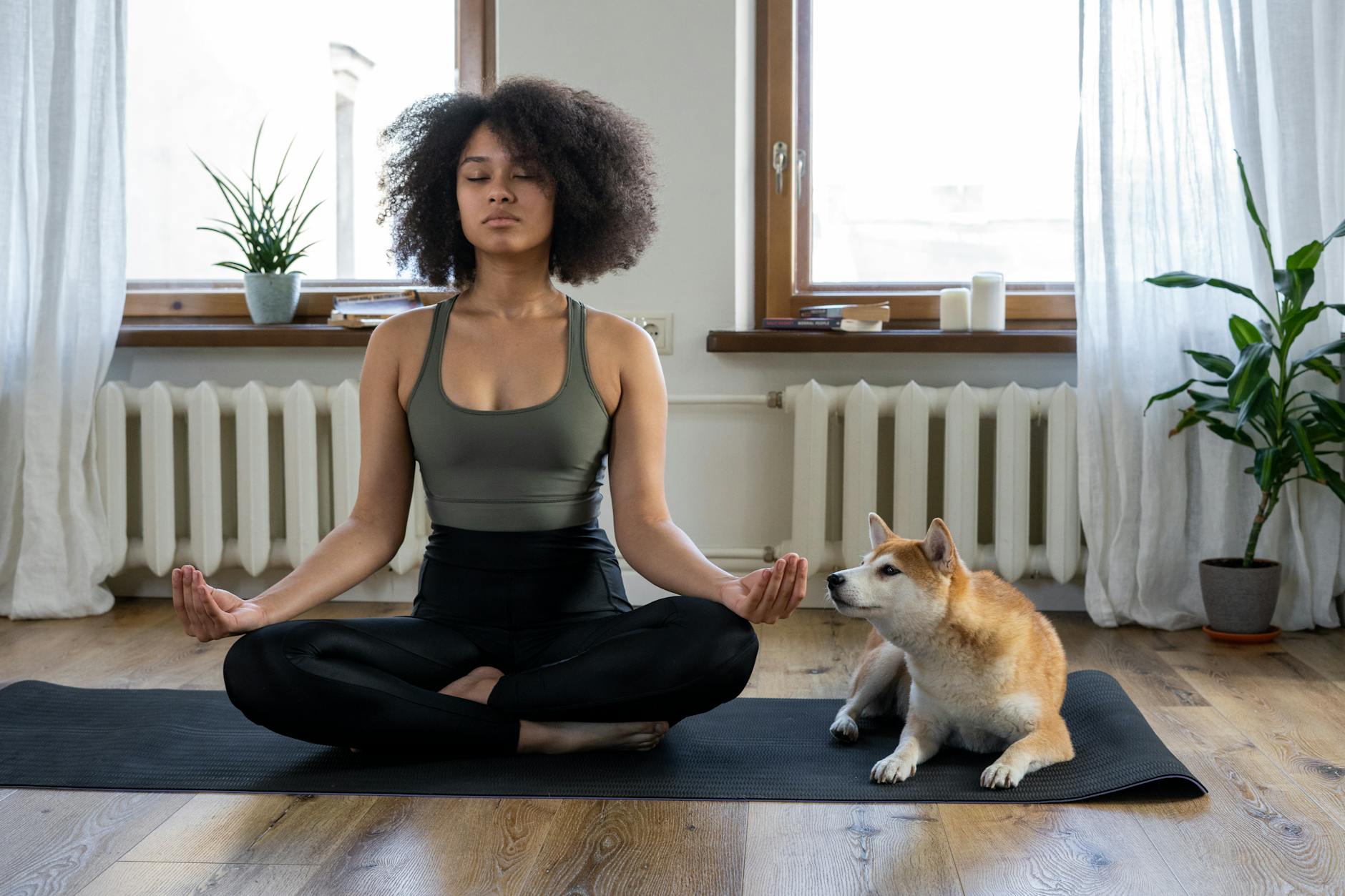As society reopens, it’s natural to be concerned about returning to the rapid pace of life.
For most of us, the lockdown hasn’t been entirely awful. We’ve learned to take it easy and spend more time with our family. Some of us have pursued artistic hobbies or polished our culinary abilities. And many of us have benefited from not having to endure the rush-hour commute. As the world begins to reopen, it’s worth contemplating which changes have brought value to your life. Were you too involved in social activities prior to the pandemic? Have you been more conscious of your surroundings while remaining at home? When you are overburdened, cultivating awareness is tricky, or at the very least, requires effort. When you’re less agitated, your mind automatically calms down.
No going back

You have learned a new way of living. Things that seemed so important were taken away, and activities that fell by the wayside now have a new meaning. No one expected board games and jigsaws to make a comeback, but they have. The world slowing down meant quality time increased, at least with those in your home or bubble. Think about what has been fun and nourishing. What have you enjoyed and what will you miss? If you are going to miss things, make a point of scheduling them into your diary. They may not be as frequent as they were before, but a level of discernment, noticing what you enjoyed doing and sticking to it, will help to keep hold of them.
The power of saying no
 Repeat after me, ‘Just because I can, it doesn’t mean I have to!’ Use this phrase as a mantra. There is no need to accept every invitation. If you haven’t spoken to someone for a year and didn’t miss them, don’t feel obligated to see them again. I’m not someone who believes in breaking plans unless there is some catastrophe; I think integrity is vital in self-love. If you are not honest with yourself about your ability to do things, you will let yourself and others down, leading to self-loathing.
Repeat after me, ‘Just because I can, it doesn’t mean I have to!’ Use this phrase as a mantra. There is no need to accept every invitation. If you haven’t spoken to someone for a year and didn’t miss them, don’t feel obligated to see them again. I’m not someone who believes in breaking plans unless there is some catastrophe; I think integrity is vital in self-love. If you are not honest with yourself about your ability to do things, you will let yourself and others down, leading to self-loathing.
In my mind, the best way to do this is to say no or, if there is a group, say, ‘Let me see how I feel on the day’. That way, everyone is well informed, and you feel less pressured. You may even feel anxious being in crowds or meeting people; that’s fine. Be gentle with yourself until you are back into the swing of things.
Another option is to start small. If you are not ready to go ‘out-out’, meet a friend for a coffee and build up from there. If you are feeling overwhelmed, put your phone down and take a break. Go for a walk in nature or the garden and leave your phone for 10 minutes. Only say yes to things you want to go to. There is no need to accept multiple invites in a day or go out every night. Take your time, be gentle with yourself. Nights in are essential, too. If you fancy watching Netflix and knitting, that’s your prerogative. Don’t feel pressured to be a socialite.
Life in the slow lane

Slower living has more health benefits than you might think. If you are a person who is busy and therefore stressed much of the time, you are accelerating your aging. Aging is the ultimate killer as it causes disease – it’s decay in its most literal sense. When you are stressed, you are in ‘fight or flight’ mode, ready to battle or flee from danger. The energy and blood go to your arms and legs away from your trunk (organs) and brain.
When the stress subsides, you are designed to drop back into ‘rest and digest’ mode, and the blood and energy go back into your middle section and brain. If you are constantly stressed, your body never has the chance to do its rejuvenating work. It also compromises your intellect – if you are in survival mode, working on instincts, calculus doesn’t compute. If you want to live a long and healthy life, it’s paramount you have downtime and actually recuperate. Remember, you can’t pour from an empty cup.
It’s also important to understand that fear, panic, stress, and anxiety compromise your immune system. As we come out of lockdown, having a robust immune system continues to be vital. Anything you can do to avoid or quickly bounce back from these emotions will help you optimize your health.
Using mindfulness

Mindfulness is staying in the present and noticing what is happening in and around you. Do you feel anxious? Consider what you can do to lessen it – for example, a walk in nature, breathing, yoga, or a HIIT class. Step away from the source of your anxiety. If you are in a restaurant and it’s getting too much, excuse yourself and take five minutes outside. When you feel calm, rejoin the group.
If the pandemic has taught us anything, it’s that self-care is essential. Stick with it; love yourself enough to notice when you feel upset. If you take time when you feel it initially, it doesn’t need to escalate – people tend to brush off their upset until they break. Prevention is better than a freak-out, so give yourself time to gather yourself when you feel a little off-key.

